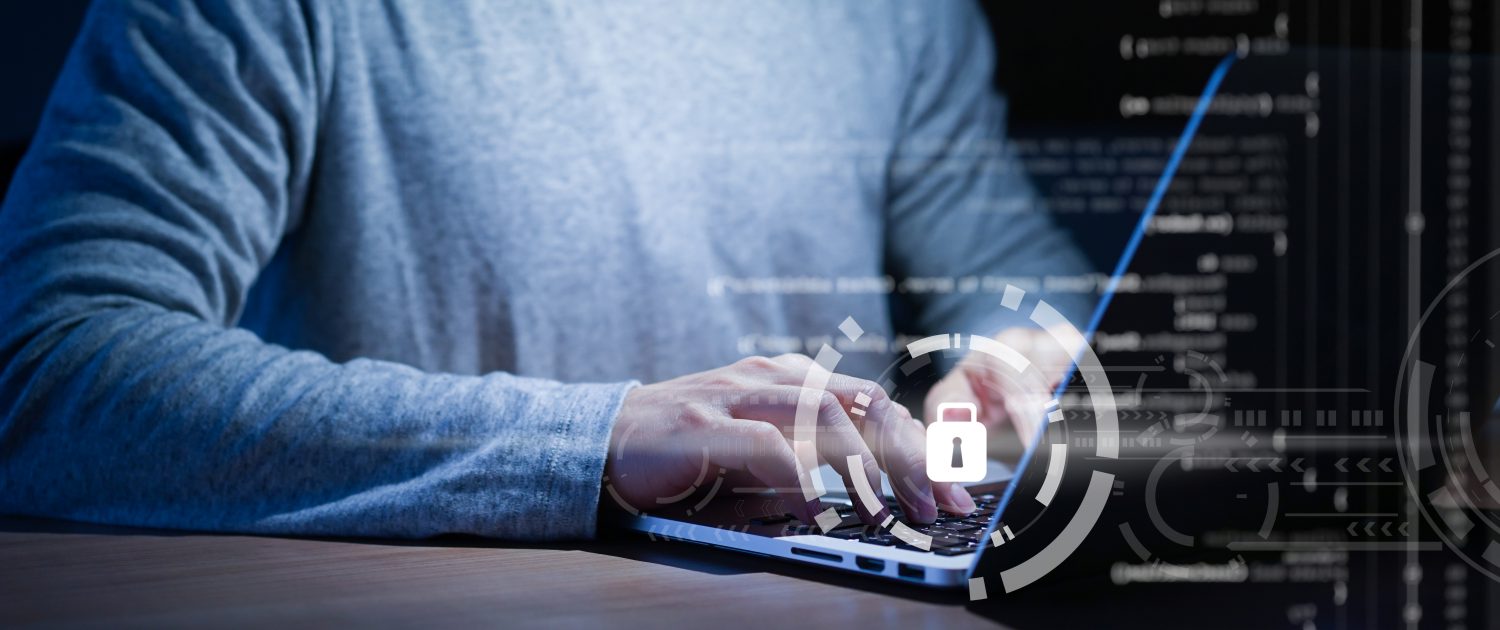Browsing the internet can feel as safe as sitting in your home, but it’s more like walking through a large city. It’s easy to get lost and end up in an area you don’t know well — and in the end, you can get hurt.
You might not meet a mugger face-to-face, but you can certainly have your identity or money stolen, your computer compromised, or your business hacked.
How can you stay safe on the interesting but “mean streets” of the internet? It’s vital to have safe internet browsing habits. Here are some to keep in mind.

Keep Your Browser Updated
No matter which browser you use, it’s essential to keep it updated. Browsers use security protocols to protect your data as you browse, especially those that store passwords for you.
Updates can close security loopholes, create a stronger defense against new attacks, and more.
The same is true for any plugins you use in your browser. Those need to be regularly updated as well to prevent security breaches or stolen data.
Having an outdated browser or plugins is a sign hackers watch for when they’re looking for who to attack.
Keep Your Internet Connection Secure
As you use the internet, it’s important to keep your connection secure. This is especially true if you use your home internet connection for work since a breach can impact your entire company.
Be sure you rename routers and change default passwords so hackers can’t use the factory settings to determine the brand and hack the device. Use strong passwords and keep everything up-to-date.
Turn on encryption and use firewalls to protect your computer from hackers and keep your data safe as well.
Set Up Your Browser to Block Unsafe Websites
Every browser has a way to tighten security when it comes to unsafe websites. Use these settings to help keep you safe while you browse online. You can also buy software that scans websites and blocks ones that appear dangerous.
Also, stay away from websites that look suspicious or are misspelled in the browser bar. Adding a couple of letters or an extension with a period (like www.xx.facebook) are common ways that cybercriminals try to trick web users.
Avoid Unknown Emails
Everyone with an email address receives unsolicited emails every day. It’s simply a fact of life. The key is to delete all unknown emails and never, ever click on a link in an email from someone you don’t know.
Scammers often send emails that seem to be from legitimate banks or ecommerce sites saying there’s a problem with the account. Never click or even open those emails. They are fake, and if you are concerned you can open a different window and log in to your account directly to look for problems.
Even emails from people you DO know can be suspect. Criminals can steal email addresses from your friends, family, and coworkers and then use them to try to steal information from you.
The number one rule is that if you’re in doubt, don’t click. For instance, if it seems your friend sent you an article about a topic, you can do a web search for the article to find it safely instead of clicking the email link.

Turn on Private Browsing
Both criminals and legitimate businesses can make a lot of money on your personal information, including the search terms you use, your browsing history, and what types of products and services you look at online.
To avoid this, enable private browsing so your personal information stays personal. Private browsing allows you to use the internet without leaving a trail behind. However, it doesn’t keep your internet provider, websites you visit, your employer, or the government from collecting information.
Regardless of your browser, you can generally choose the private option from the New Window menu.
Stay Safe When Browsing Online
These tips are just a few of the steps you can take to stay safe when browsing the internet. Of course, you should also use updated anti-virus software on your computer.
The goal is to enjoy the vast knowledge available online without having criminals steal your information or infect your computer with viruses. When you use safe browsing habits, you’ll be able to enjoy the web safely.
If you want to learn more about cybersecurity threats, trends, and solutions, contact us today to see how we can help.




